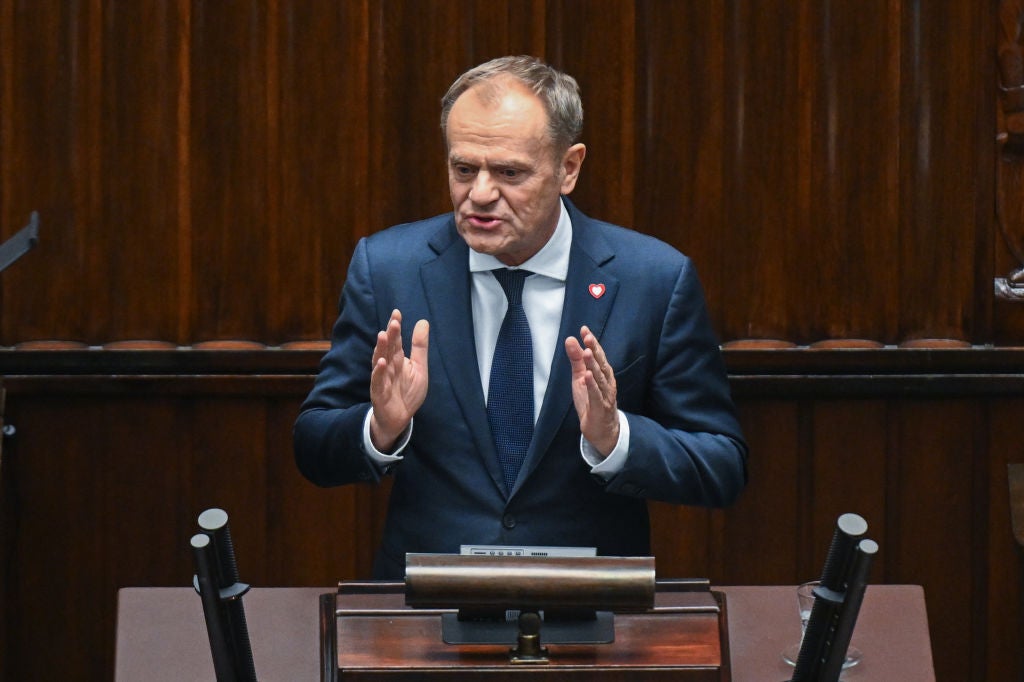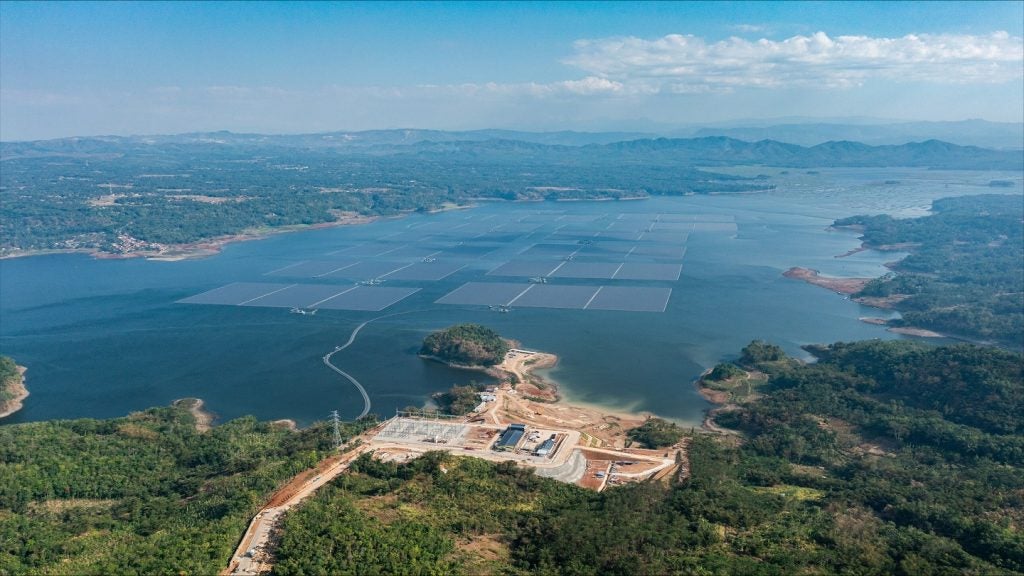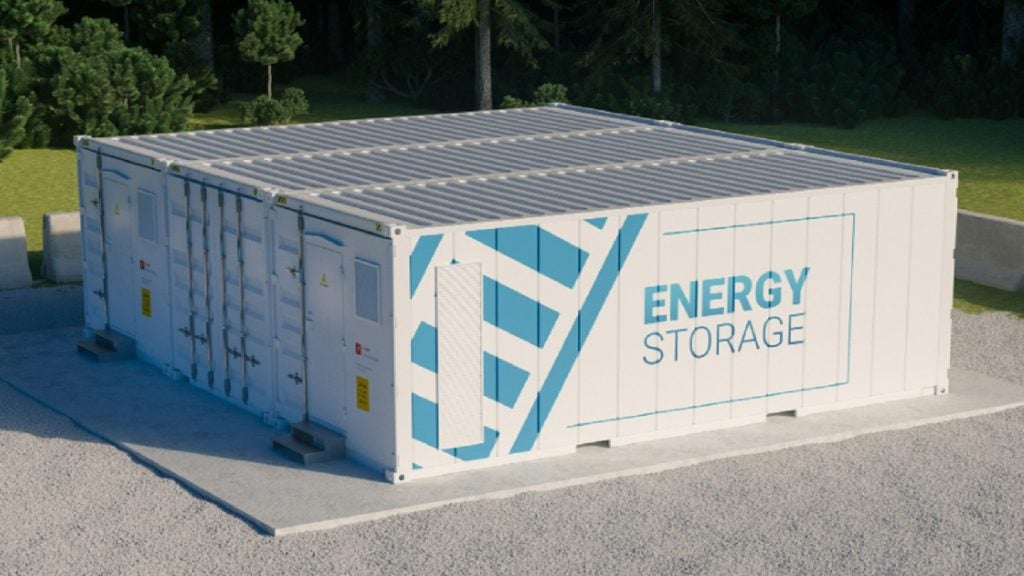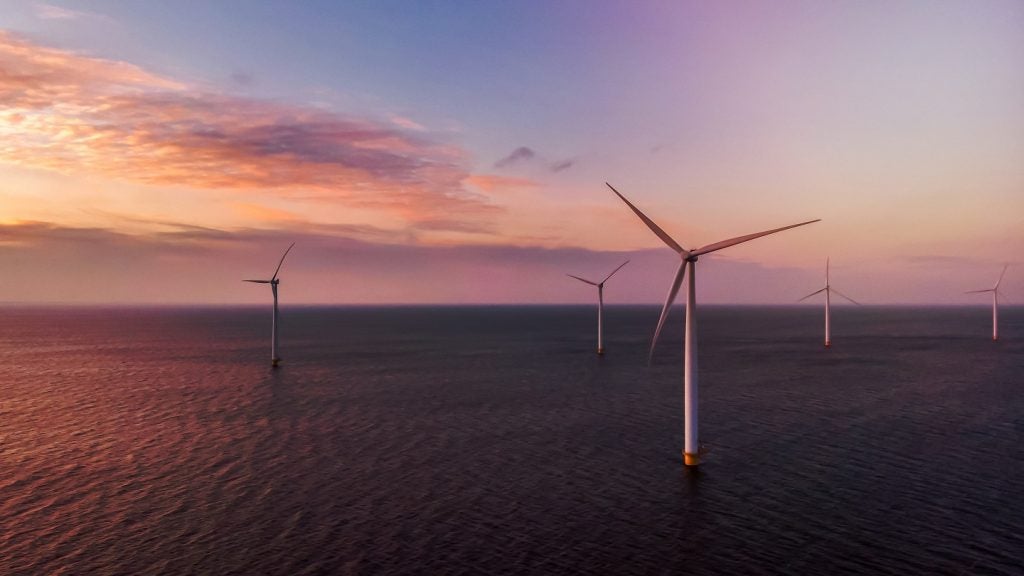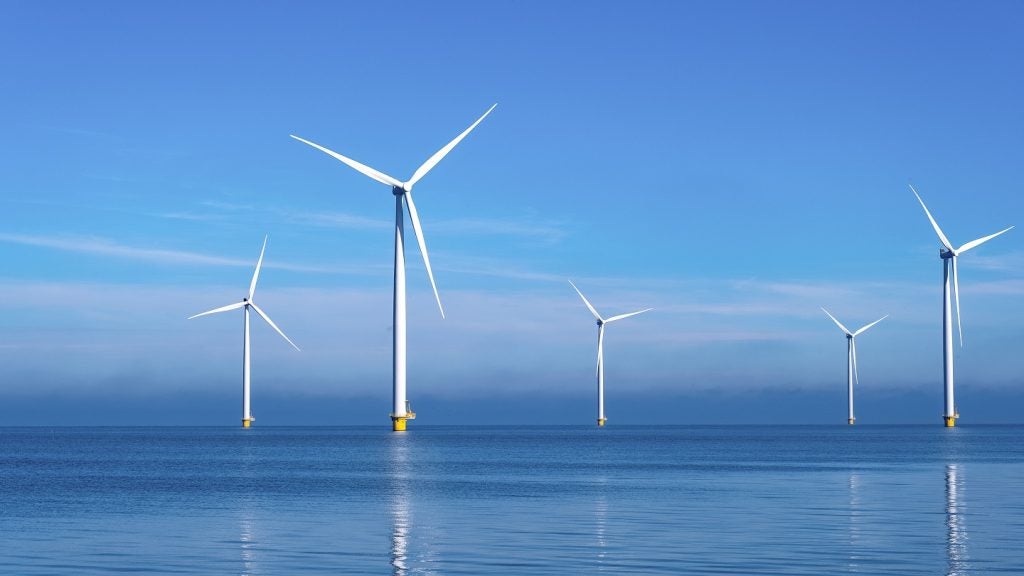Poland could make the energy transition to almost zero-emission sources in less than two decades, according to the latest report by the think tank Instrat, which showed that the new cabinet is more serious about climate issues.
After working closely with incoming Prime Minister Donald Tusk, Warsaw-based Instrat said that the next administration sees energy transformation as a key plank of its agenda and will accelerate investment in renewable sources.
Mikchał Smoleń, analyst at Instrat and co-author of the report, told Bloomberg: “Energy transformation will not succeed without social support, and I really hope that in his speech Donald Tusk will confirm ambitious transformation goals, which were announced in the election campaign. We need a strong climate leadership.”
Beyond 2030, Tusk’s Civic Platform party wants a ban on coal heating in households and renewable energy sources to account for 68% of energy production. Instrat predicts that renewable sources will account for as much as 92% of energy production by 2040 should the first nuclear power station be built in Poland by that time.
To achieve the most ambitious scenario predicted by the report, Poland will need to invest more than 1trn złoty ($248bn) from 2026 to 2040. Instrat indicates that its scenarios will become a signpost for the nation's energy policy, which will have to be adjusted to meet the EU’s climate agenda.
In September, the International Atomic Energy Agency gave Poland the green light to launch the country’s nuclear power programme. The country will begin construction of its first plant at Lubiatowo-Kopalino in the province of Pomerania in 2026. Along with this, there will be up to five other reactors with a total generation capacity of 6–9 billion watts of electricity.
Nuclear is seen as a key part of Poland’s energy transition as it will help the country move away from its reliance on coal, from which it currently derives 69% of its power.


